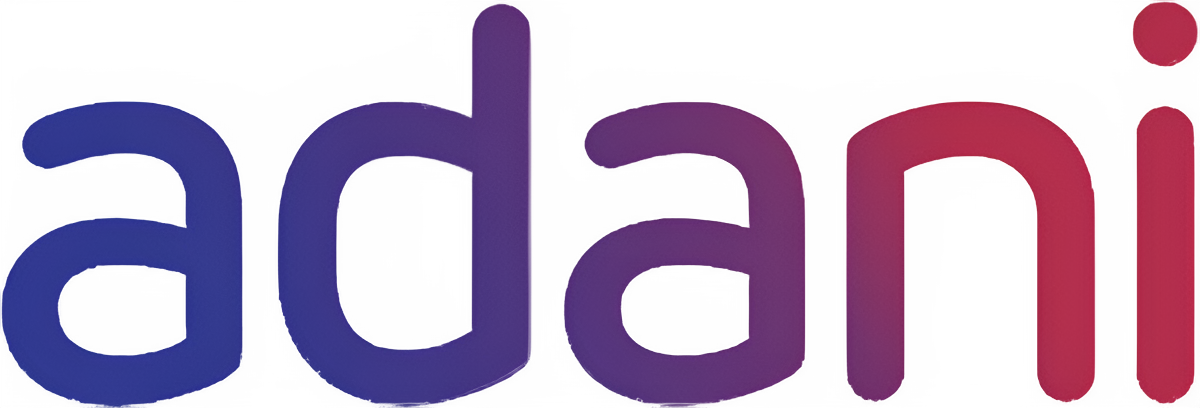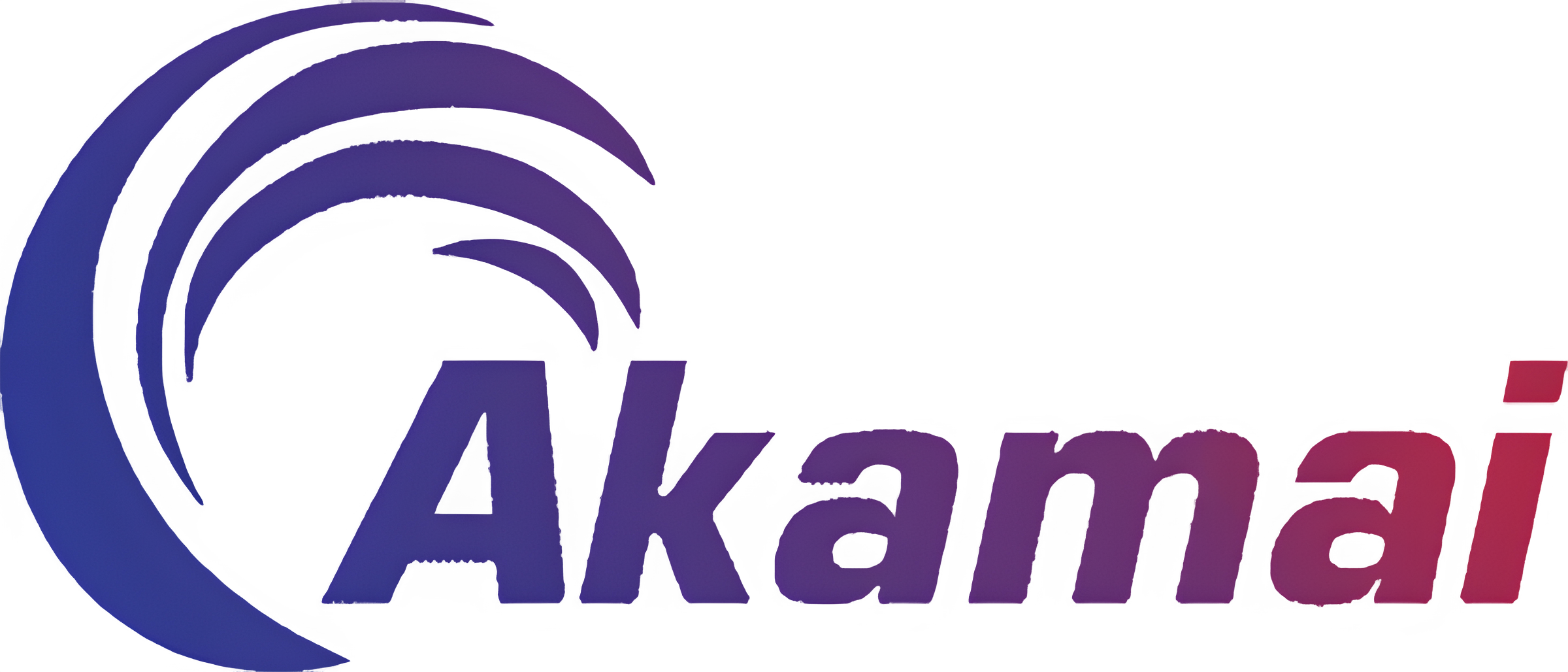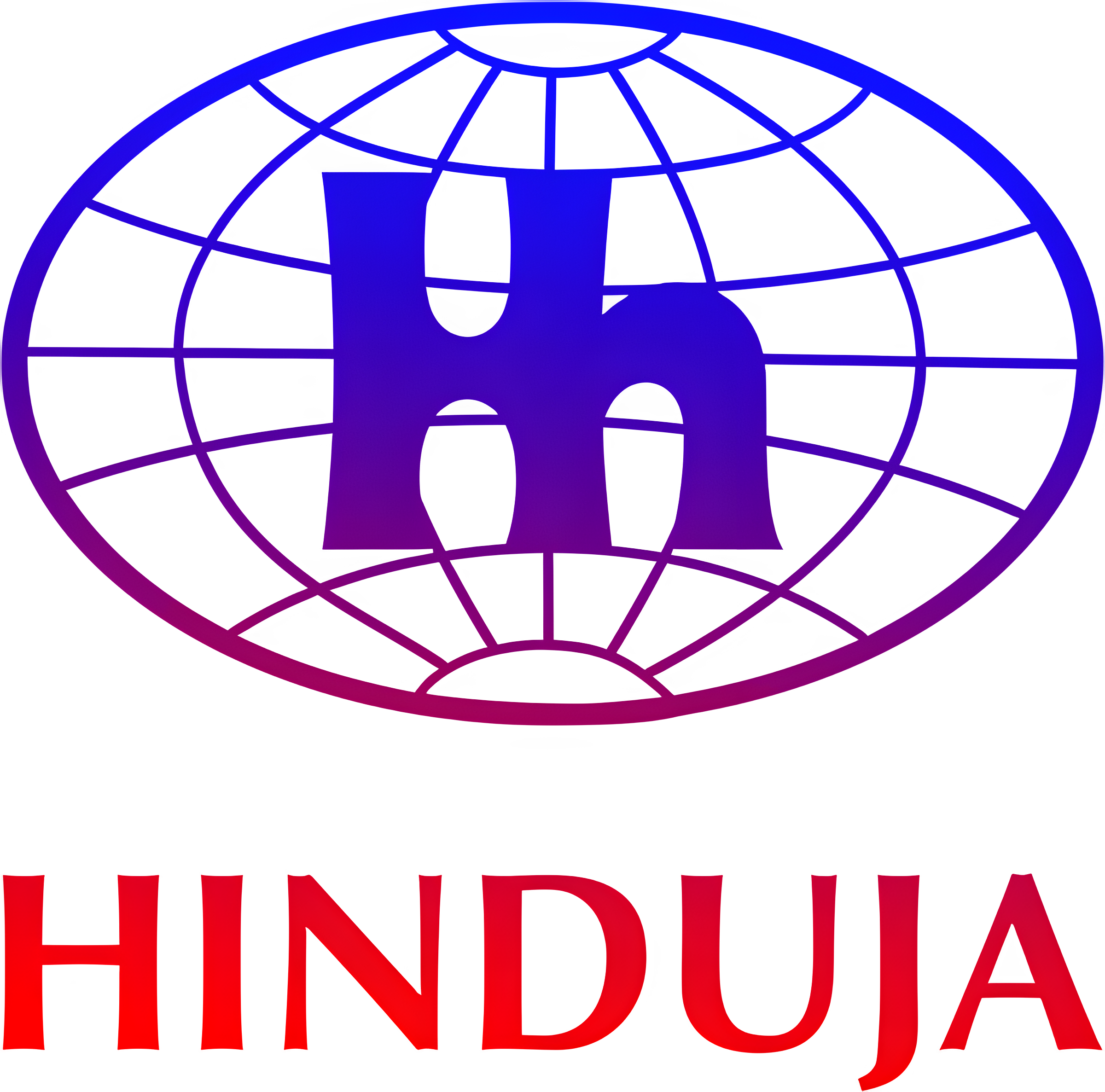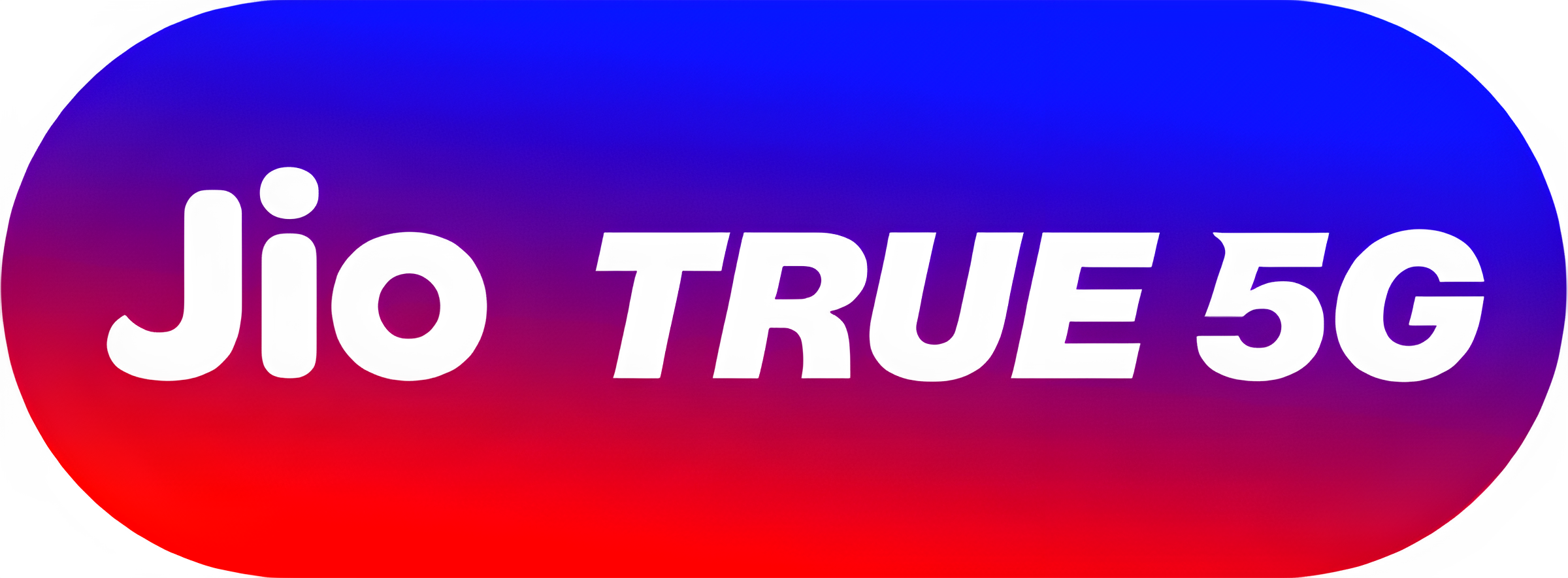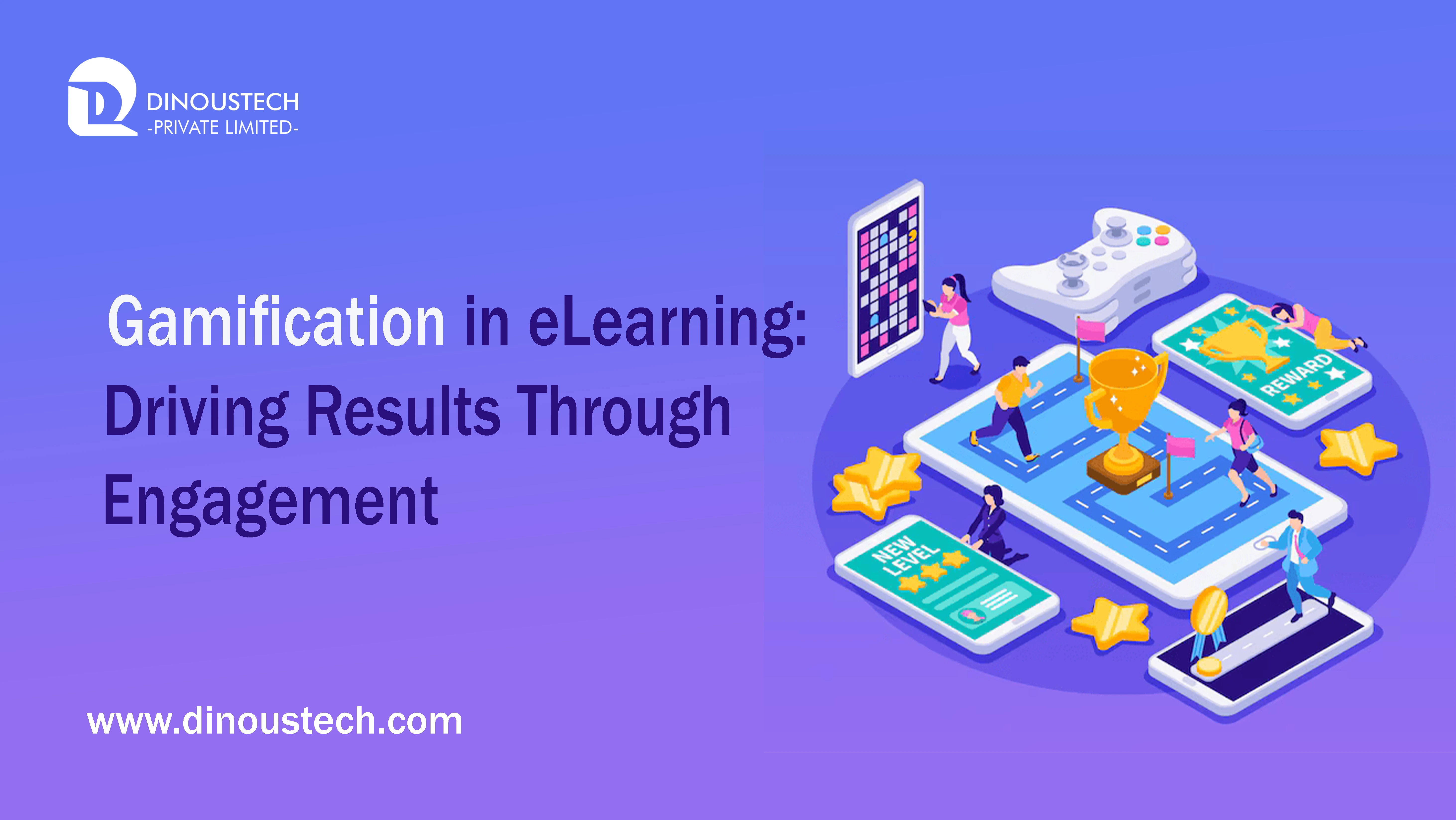Gamification in eLearning: Driving Results Through Engagement
Before diving in, here’s a concise summary of what you’ll discover: Gamification in eLearning can boost learner engagement by up to 60%, retention by 30–40%, and productivity by 20–50% when designed thoughtfully. By partnering with a specialized eLearning app development company—such as Dinoustech Private Limited—you ensure your gamified solution aligns with pedagogical best practices and integrates seamlessly into your technology ecosystem. You’ll also learn how platform decisions—Android vs iOS app development or choosing a Cross Platform app framework—impact reach, cost, and performance, and why involving an education app development company, mobile app development company, or custom software development company is critical to success.
Understanding Gamification in eLearning
Gamification applies game design elements—points, badges, leaderboards, narratives—to non game contexts to foster motivation and engagement. In eLearning, these mechanics transform passive content consumption into active participation, making learners more likely to complete courses and internalize material. Research by PwC found that gamified learning environments can boost learner engagement by 60% compared to traditional eLearning formats.
The appeal of gamification lies in its ability to tap both intrinsic and extrinsic motivators. Intrinsic motivation—driven by curiosity and mastery—is engaged through storytelling and exploratory challenges, while extrinsic motivation—driven by points and badges—provides structure and clear milestones. However, over reliance on extrinsic rewards can undermine intrinsic interest, so a balanced design is essential.
The Psychology Behind Engagement and Retention
Feedback Loops and Reinforcement
Immediate feedback—such as progress bars and correct/incorrect indicators—creates tight feedback loops that reinforce learning; studies show this can improve knowledge retention by up to 35%.
Social Dynamics and Competition
Leaderboards and peer challenges leverage social comparison, fostering a sense of community and healthy competition; 48% of learners report higher motivation when gamified social features are present.
Habit Formation
Long term habit formation can result from sustained gamified interventions: one study found that after a 100 day reading contest, participants maintained 75% higher engagement even 12 weeks post contest, with a 6% uptick in retention.
Measurable Benefits for Learners and Organizations
Organizations that integrate gamification into eLearning see clear ROI:
| Metric | Improvement |
|---|
| Learner engagement | +48–60% |
| Knowledge retention | +30–40% |
| Employee productivity (training context) | +20–50% |
| Training time reduction | –46% |
These outcomes explain why businesses often enlist a custom software development company to craft tailored gamified experiences aligned to precise learning objectives and existing systems.
Best Practices for Effective Gamification
- Align with Learning Objectives: Ensure every point, badge, or level maps to meaningful competencies rather than arbitrary actions.
- Create a Narrative: Frame content within a story—missions, characters, arcs—to engage emotions and context.
- Offer Transparent Feedback: Accompany rewards with explanations to deepen understanding (e.g., “You earned 50 points for mastering Topic X because…”).
- Enable Choice: Let learners opt into challenges or side quests to satisfy autonomy and personalize paths.
- Iterate via Data: Employ A/B testing on game elements—reward frequency, UI, difficulty—to optimize impact over time.
The Role of an eLearning App Development Company
Partnering with an eLearning app development company like Dinoustech Private Limited ensures that gamification is not merely decorative but pedagogically sound and technically robust. Such firms provide:
- Instructional design expertise to meet accreditation and compliance needs.
- Seamless LMS/LXP integration and analytics dashboards for real time insights.
- Scalable, secure architectures to support thousands of concurrent learners.
Why an Education App Development Company Matters
An education app development company brings domain specific insight into cognitive load, assessment design, and regulatory requirements. They bridge instructional designers and software engineers, ensuring game elements reinforce learning objectives rather than distract.
Mobile App Development Company: Enabling On the Go Learning
With mobile usage skyrocketing—projected 299 billion app downloads in 2025—partnering with a mobile app development company is essential for delivering smooth, native experiences on Android and iOS devices. Key services include:
- Native Android and iOS development to leverage device features (push notifications, offline mode).
- Security and privacy compliance (GDPR, COPPA).
- Performance optimization across device variations.
Custom Software Development Company: Tailoring Every Detail
A custom software development company integrates gamified modules into your existing ERPs, CRMs, and content management systems, enabling:
- Brand aligned UI/UX.
- Proprietary game mechanics tuned to your audience.
- Custom analytics and reporting dashboards.
Enterprises with complex workflows often find this bespoke approach indispensable.
Platform Strategy: Android vs iOS App Development
Market Share and Demographics
Android commands ~71.8% global market share versus iOS’s ~27.8%, making it ideal for broad reach in emerging markets. iOS, however, yields higher monetization—iOS apps retain 3.7% of users by Day 30 vs 2.1% for Android—and users spend nearly twice as much on in app purchases.
Development Complexity
Android’s device fragmentation increases QA overhead; iOS’s uniform ecosystem simplifies testing but limits audience in certain regions. Security and update cycles also differ: iOS users adopt new OS versions faster, enabling quicker roll out of gamification features.
Choosing a Cross Platform App Framework
A cross platform app framework lets you “write once, run anywhere,” balancing speed with native performance. Leading options:
| Framework | Pros | Cons |
|---|
| Flutter | Single codebase, rich UI toolkit, hot reload | Larger binary size, Dart learning curve |
| React Native | Mature JavaScript ecosystem, code share with web | Occasional native bridging |
| Xamarin | .NET integration, shared business logic | Heavier runtime, smaller community |
| Unity | Built in game engine—ideal for advanced gamification | Overhead for simple UI, steep learning |
Selecting the right framework depends on team expertise, performance needs, and time to market.
Case Study: Duolingo’s Gamification Mastery
Duolingo’s language learning app combines streaks, XP, hearts, and a playful mascot to drive a 55% 30 day retention rate—far above industry norms. Their rigorous A/B testing of notification frequency and reward structures underpins this success, illustrating why a mobile app development companywith strong analytics capabilities is vital.
Emerging Trends in Gamified eLearning
- AI Driven Personalization: Adaptive algorithms tailor challenge difficulty in real time, optimizing flow states for each learner.
- Immersive VR/AR Modules: As VR/AR training markets approach $142 billion by 2031, immersive simulations will become standard for soft skills and safety drills.
- Social and Collaborative Gaming: Peer to peer quests and team leaderboards foster community learning and accountability.
These trends demand partners—education app development companies and custom software development companies—that stay at the bleeding edge of both pedagogy and technology.
Conclusion
Gamification is no longer optional; it’s a proven catalyst for engagement, retention, and performance gains. To harness its full power, you need:
- An eLearning app development company like Dinoustech Private Limited to architect scalable, secure platforms.
- An education app development company to ensure pedagogical rigor.
- A mobile app development company or custom software development company to deliver polished experiences.
- A clear strategy for Android vs iOS app development, or a unified Cross Platform app framework approach.
Ready to transform your training into an engaging, game infused journey? Contact Dinoustech Private Limited today and let’s build a gamified eLearning solution that drives real business results.

